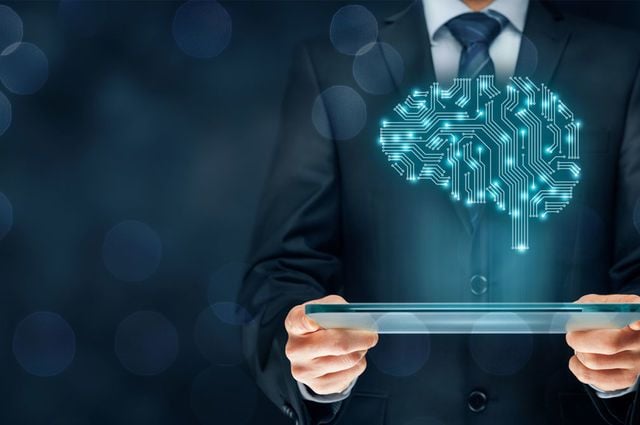Artificial Intelligence… Where could and should AI be adopted in our industry?
15 experts shared their view
Artificial intelligence is rapidly moving from the laboratory and into business and consumer applications. The result is a fundamental shift in how software is built, and what it's capable of doing. And while we're still a way off from the artificial general intelligence portrayed in the movies, artificial narrow intelligence is a reality that's already powering some of the most successful technology businesses today, including Amazon, Facebook, Google and Apple.
So… Which areas of the hospitality industry are and will be most suited to implement AI and why? What's your take?
Several years ago I remember watching the Jeopardy episode(s) where IBM's “Watson” played against human opponents and beat former champs Ken Jennings and Brad Rutter. That was my first insight into the possibility of what AI could do. Now AI capabilities are quite common in chatbots and responses for text messaging platforms. This helps frees up human manpower (away from transactional type questions) to spend more quality time engaging with guests and shaping more memorable guest experiences.
But chat is not the only thing out there that can be done with AI. I also believe that AI will help to re-shape revenue management. AI has the ability to process massive amounts of data in a fraction of second and provide logical suggestions/recommendations. Enter the RMS. If a hotel could harness all of the shopping queries from GDS, IBE, OTA (demand data) as well as competitors rate, PACE and budget and then make rate recommendations for each day of the week and update multiple times per day - this would have a significant impact on increasing RevPAR. Now we're talking a real impact on revenues.
Where I don't see AI functioning is in face to face interaction. While robots delivering towels to a room is “novel” it is not a replacement for human to human contact. A Japanese hotel brand tried to roll out robot front desk agents and the number of issues and complaints that spawned from this experiment hurt the idea of what “self-service” should look like. In the end, the hospitality business is still a human to human experience and AI needs to be weaved into the fabric of the total guest experience.


